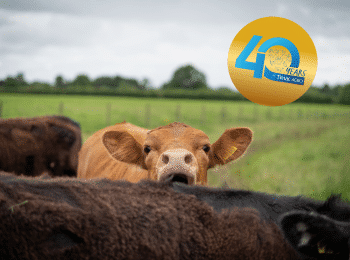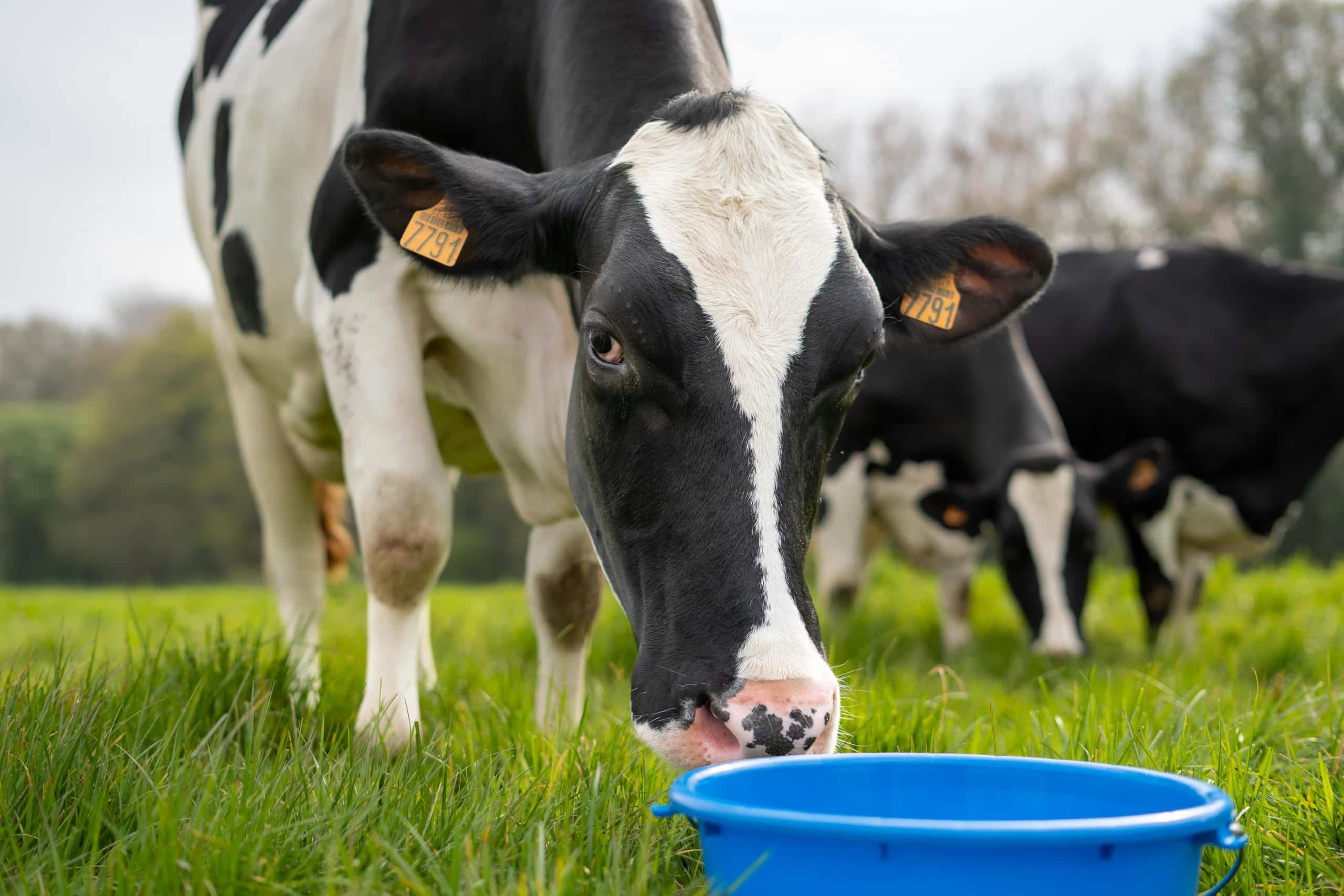Optimising Animal Feed for Sustainable Production.
Animal production must overcome environmental and societal challenges while guaranteeing the quality and affordability of proteins and milk. Feed represents 60% of production costs, and an optimised ration can improve animal performance by maximising growth and production.
The importance of minerals and trace elements
Farmers often focus on energy and protein intake, but mineral supplementation remains neglected despite its importance. Minerals and trace elements are crucial to animal health and performance. Historically, soils naturally provided some of these elements, but soil depletion due to agricultural intensification and climatic conditions has now led to deficiencies. As a result, supplementation is becoming necessary.
Contributing factors to deficiencies :
Mycotoxins and parasitism affect animals' metabolism and their ability to use trace elements effectively, even when supplemented, leading to serious deficiencies.
Specific roles of minerals
- Calcium (Ca) et Phosphorus (P) : Essential for bones, teeth and milk production. Deficiencies can cause illnesses such as milk fever and reproductive problems.
- Magnesium (Mg) : Necessary for nerve and muscle function; a deficiency can cause serious conditions such as herbage tetany.
- Potassium (K) : Essential for water balance and muscular activity. A deficiency can lead to muscle weakness and heart problems.
- Sodium (Na) et Chlorine (Cl) : key minerals for electrolyte balance and digestion. Sodium deficiency can lead to loss of appetite and reduced milk production.
- Sulphur (S) : helps in the synthesis of amino acids and promotes bacterial growth.
In cases of heat stress, sodium and potassium supplementation becomes even more crucial to compensate for heat losses.
The importance of trace elements and their role in ensuring good health:
Signs of deficiency: heart problems, lameness, infertility, disturbed ingestion, stereotypy (pica).
Signs of deficiency: infertility, poor balance, dermatitis, weakened immune system.
Signs of deficiency: loss of balance (young people), metabolic disorders, reproductive problems (adults).
Signs of deficiency: myopathies, dyspnoea, fertility problems, retained placenta, immune deficiencies.
Signs of deficiency: hypothyroidism, metabolic dysfunctions, respiratory problems, growth retardation, abortions.
Signs of deficiency: anaemia, swallowing problems, stereotypies (pica), growth retardation.
Signs of deficiency: secondary copper deficiency, blackish diarrhoea, respiratory problems, risk of death.
Vitamins importance
Vitamins A, D, E and B group vitamins are essential for growth, development, immunity and reproduction.
- Vitamin A (retinol) : is found in green fodder, but degrades during storage (hay, silage, etc.). It guarantees the integrity of tissues (digestive tract, skin, uterus, lungs, skeleton, etc.) and promotes the growth and development of animals.
- Vitamin D : regulates calcium and phosphorus metabolism, and acts on immunity. A deficiency can lead to a drop in performance, hypocalcaemia and reproductive problems.
Vitamin E : acts as an antioxidant. A deficiency can lead to reproductive problems (retained placenta, reduced fertility) and an increase in the duration of mastitis.
Warning: excessive intake of certain elements can lead to other deficiencies.
Ration optimising strategies
Farmers need to monitor the body condition, behaviour and clinical signs of their animals to detect nutritional problems at an early stage. Unfortunately, some deficiencies are invisible, so it is essential to carry out regular soil and forage analyses to identify them. Farmers can also rely on performance indicators (fertility, reproduction, growth, milk production, etc.) to alert them to possible deficiencies.
Appropriate supplementation must be based on the specific needs of the animals and their production objectives. TIMAC AGRO offers solutions adapted to different farming systems and animal needs, including products in different formats, lickstones, buckets, liquids, powders and micro-granules.
Deficiencies in minerals, trace elements and vitamins can lead to significant economic losses. A proactive approach including regular analysis and appropriate supplementation is essential to maintain healthy herds and optimise production. Striking a balance is crucial, as excesses of certain elements can lead to deficiencies of other nutrients, compromising animal health and performance.
TIMAC AGRO specialises in the production of high-quality nutritional supplements. Our recipes, developed using our industrial know-how, our knowledge of the agricultural world and our years of research in the field, are based on natural extracts in order to limit numerous risks. Each animal has its own needs and its own recipe.



